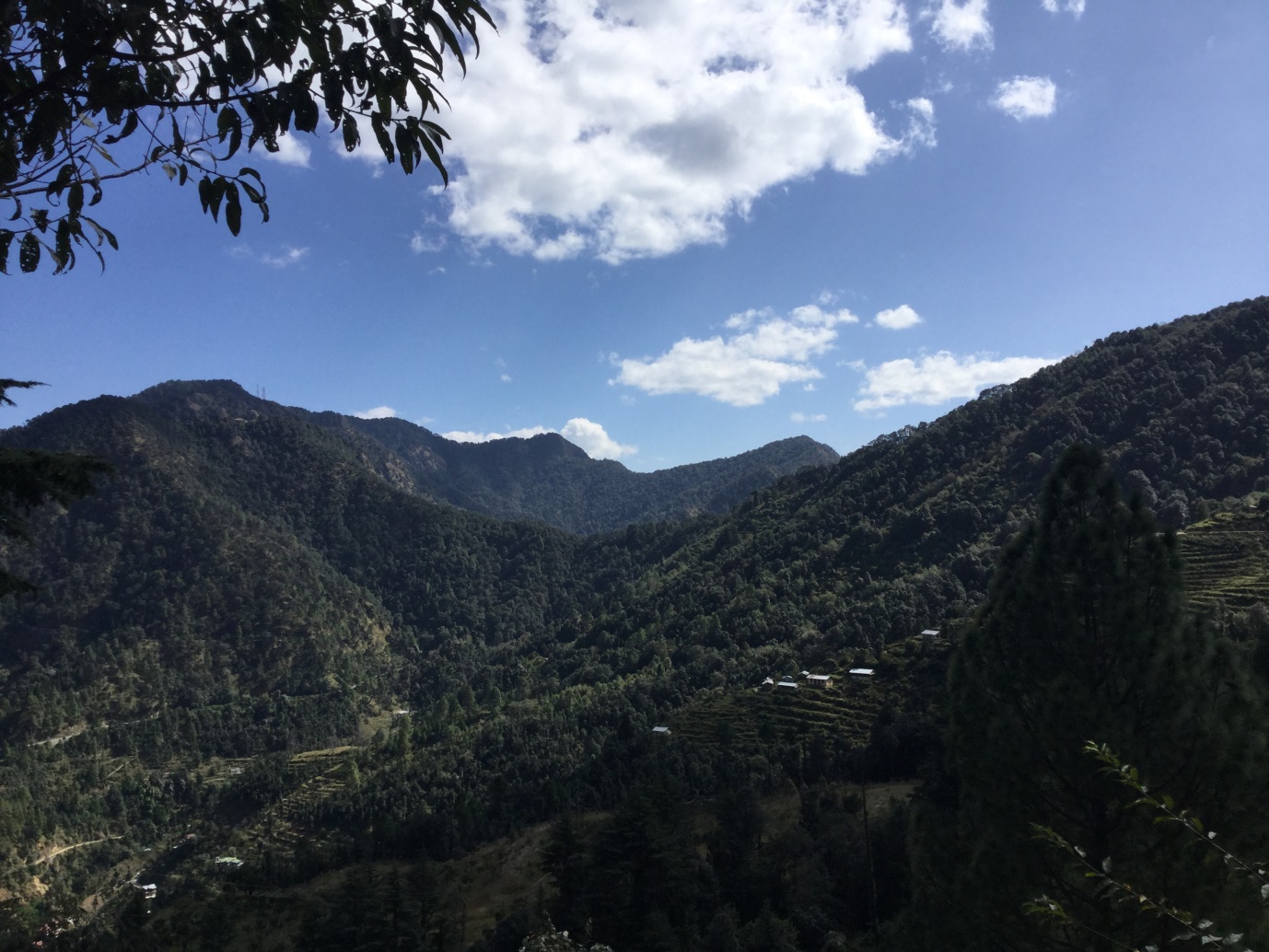
The recent debate on amendment of forest conservation law has seen the emergence of very relevant objections, and interests of environment protection as well as democracy demand that now the government should give adequate attention and importance to these objections. The advantages which a democracy provides in terms of the possibilities of corrective actions can be properly realized only if the government remains open till the end to examining the objections on their merit and then making the due changes on the basis of this.
The importance and relevance of these objections emerges also from the fact that these are intimately related to the concerns that have been regularly voiced for a long time regarding the protection of forests and protection of rights of tribal communities or other communities living in and around forest areas. Briefly, we may mention four concerns that have been raised quite consistently by those who have been close to understanding and protecting forests and forest communities.
Firstly, there is a clear understanding that natural forests have a role of great importance in protecting ecological balance and protection from various disasters, a role which has further increased in times of climate change. There is thus a clear need for stopping the diversion of more and more of natural forests and forest land for various commercial activities. This diversion had been increasing at a very fast pace in the earlier years but this could be checked to a significant extent after the forest conservation law was enacted in 1980. This achievement of the forest conservation act should be recognized, respected and protected for future years too.
Secondly, the important ecological contribution of natural forests should be clearly distinguished from that of plantations of various trees of commercial importance (such as eucalyptus trees, or palm oil trees). While protection of natural forests is always beneficial in terms of protection of environment and livelihoods (and food security) of forest communities, the promotion of commercial plantations on the contrary can often be harmful and disruptive for environment as well as communities. This is revealed by the experience of not just India but several other countries as well. Hence natural forests should never be confused with commercial plantations. The protection of remaining natural forests is very important in itself, and also as a guide to what kind of plants and trees grow best in particular conditions, and in what kinds of mix.
Thirdly, the tribal and similar communities living in and around forest areas have suffered from historical injustices in terms of resource access and livelihoods, leading to many-sided deprivation, and hence the protections provided to them in the form of various rights legislations should be respected. Their life and livelihood patterns have been closely related to natural forests, and there are various possibilities of improving their livelihoods related to the protection of natural forests which should be enhanced. The wider aim should be to promote the harmony of protecting natural forests and protecting sustainable livelihoods of communities.
Fourthly, the challenges of climate change mitigation and adaptation should be met within this framework, and in fact this challenge is best met on the basis of this harmony and understanding. To respond to climate change by creating commercial plantations of trees is neither sound science, nor is it good for sustainable livelihoods. This will harm the cause of climate change mitigation as well as adaptation. However protection of natural forests and wild life supported in natural conditions of these forests by creating close links with sustainable livelihoods will help both climate change mitigation and adaptation. As for planting new trees, these should mimic local natural forests to the extent possible, and should be created on the basis of proving sustainable livelihoods to local poorest and landless people, with rights provided to them over all non-timber produce of these forests as long as forests are well protected by them. All this is based on the understanding that climate change mitigation and adaptation are extremely important but should be based on protecting and promoting ( never disrupting) sustainable livelihoods of rural communities. There is a real danger of big business promoting its narrow and selfish interests in the name of climate change mitigation and adaptation by promoting a highly distorted agenda which is disruptive for rural communities, and therefore it is very important to emphasize this.
All these are issues of abiding importance, and it is in their wider context that the various objections voiced to the officially proposed amendments of forest conservation legislation should be seen. It is widely apprehended that if these amendments go ahead, the diversion of natural forests which has been significantly checked by the existing forest conservation law would be adversely affected and more forests would be diverted for various industrial, mining or commercial activities, at a time when it has become important to protect every square inch of the remaining natural forests. Such diversion may increase particularly in the case of forests not specifically listed as protected or reserved. Similarly, the interests of tribal and other forest communities may be disrupted (instead of protected) by a distorted climate agenda, such as the one based on industrial and commercial plantations.
Hence the debate on these amendments also presents a crucial moment for defining our climate commitments—for deciding whether these commitments will be promoted in ways which are disruptive for communities or whether these commitments will be taken forward in protective ways.
Keeping in view the wider importance of these issues, the government should not hurriedly go ahead with these amendments, ignoring the various well-intentioned and well-argued objections that have been raised by community organizations working at grassroots as well as by various experts. The standing parliamentary committee attached to the Ministry of Environment, Forests and Climate Change should also be able to examine these amendments and provide its detailed comments. We need time for this as well as consideration of these comments by the government. Hence it is clear that hurried introduction of amendments will be harmful and a denial of the corrective role of democracy.
Bharat Dogra is Honorary Convener, Campaign to Save Earth Now. His recent books include Protecting Earth for Children, Man over Machine and India’s Quest for Sustainable Farming and Healthy Food.













